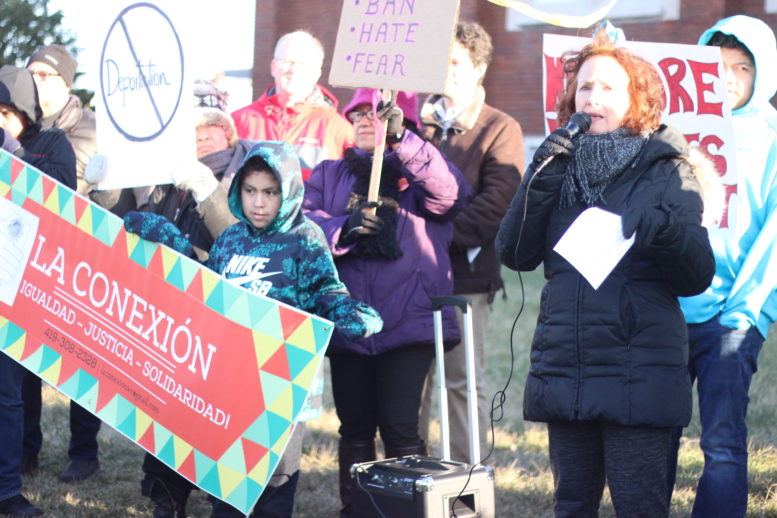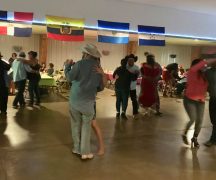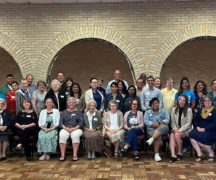Submitted by LA CONEXION
On Friday, July 28th, 2023, U.S. Senator Alex Padilla (D-CA) re-introduced Senate Bill 2606, “Renewing Immigration Provisions of the Immigration Act of 1929” which would offer the opportunity to millions of contributing undocumented immigrants in the U.S. to obtain a green card and step on a path to citizenship. The bill is co-sponsored by Senate Judiciary Committee Chairman Dick Durbin (D-Ill.) and Senators Bernie Sanders (I-VT), Elizabeth Warren (D-Mass.), Cory Booker (D-N.J.), and Ben Ray Luján (D-N.M.).
S.2606 updates an existing status adjustment process in the Immigration and Nationality Act (INA), better known as registry. The Registry provision was first enacted almost 94 years to date on March 2, 1929. The registry date was last updated during the Reagan administration via the 1986 Immigration Reform and Control Act (IRCA) to January 1, 1972. This made people who entered the country up until 1972 eligible to apply for legal residency if other conditions were met.
The bill’s author, Senator Alex Padilla said, ““America’s outdated immigration system is hurting countless people and holding back our country and our economy,” said Senator Padilla. “My bill would update the Registry cutoff date for the first time in more than 37 years so that more immigrants are eligible to apply for permanent resident status. This would have a profound impact on millions of immigrants, some of whom have been living, working, and contributing to the United States for decades, by allowing them to live freely without the fear of an uncertain future.”
“None of the legalization proposals that have been introduced, and this is no exception, grant automatic legal residency”, says Beatriz Maya, Executive Director of La Conexion and member of the NW Ohio Immigrant Rights Network. “The problem today is that there is no path available for immigrants who have been here for a long time to apply for legal residency. We have members who have been in this country for over 20 years, working in jobs no domestic workers want to do anymore, raising American kids, contributing to the social security fund, sustaining local businesses with their purchasing power, and still they are not even offered an opportunity to apply for legalization. Their experience has been pretty close to servitude, and the American public doesn’t want to accept that anymore. Our congressional representatives need to act in agreement with the values that have sustained America’s prosperity.”
Angelica Salas, Executive Director for CHIRLA, a leading proponent of the bill, says “While the Registry provision has been updated several times in history since 1929, the current date of 1972, is no longer fulfilling its intended purpose. The cut off date for eligibility is too far in the past to be relevant for millions of immigrants living and contributing in our communities. The update today would allow millions of hardworking immigrants a path to permanent residency. People who have sacrificed for this country, have paid their taxes, call the US their home and have set deep roots in this country deserve a path to citizenship that provides dignity, liberty, and justice ” added Ms. Salas.
Ursula, a Guatemalan immigrant, and CHIRLA member, stated: “I fled Guatemala as a result of the violence my family experienced. I have lived in the U.S. for 16 years where I found refuge. Returning to Guatemala is not an option and although my husband, sons, and I have found security and prosperity that we couldn’t have achieved in our home country, we still live inside a gilded cage. Despite paying taxes, working hard, and volunteering to make our communities better, we live in fear, limitations, anxiety, and broken dreams. Today’s bill gives me hope for a day when my family and I can live freely in a country I can truly call home.”
Copy of the bill language can be found here.
See this Registry One Pager for more information on the registry provision.
List of 148 local, regional, and national organizations supporting the Registry bill is here.





